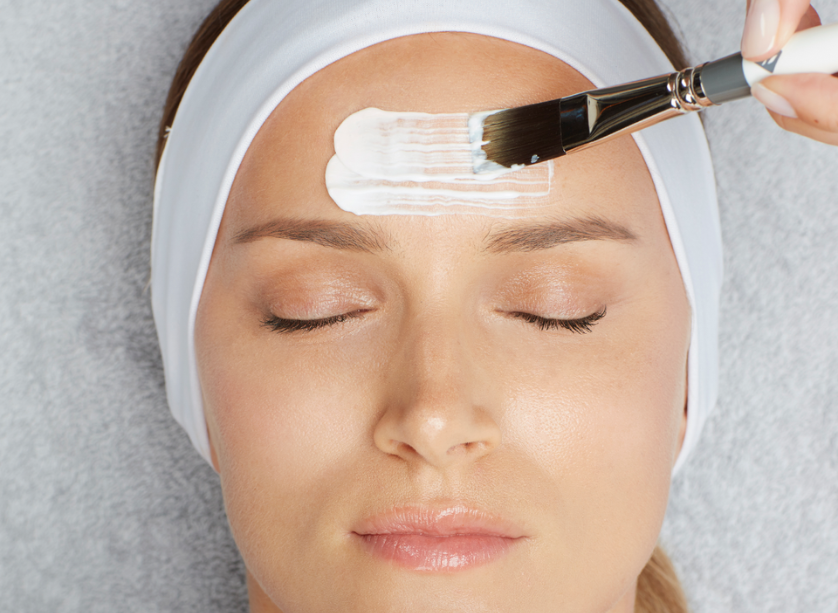Our Vision
Here at Exclusive Beauty, our team is passionate about offering personalised treatments that enhance both beauty and confidence.
Experienced Professionals
With over 25 years of experience in the beauty and skincare industry, our team offers exceptional beauty treatments tailored to enhance your natural beauty.
Specialising in facials, semi-permanent eyebrows, and luxurious lash and brow services, we are dedicated to delivering personalised care to help you achieve radiant, healthy skin and perfect brows and lashes.


The Science of Beauty
With a commitment to skin health, we use Environ Skincare which has advanced formulas packed with the freshest, most active forms of Vitamin A, C, and powerful antioxidants—essential ingredients for an effective skincare routine.
Using only the finest products and innovative techniques, we create a relaxing environment that ensures every visit leaves you feeling rejuvenated and refreshed.
Semi-Permanent Eyebrows
This transformative treatment not only fills in sparse areas but also defines and shapes your brows to create a more youthful, lifted appearance.
Active Nutrition Programme
We also offer a curated collection of our supplements to slot into your skincare regime, to make a difference to your skin and overall wellbeing.
Bespoke Facials
Achieve healthy, radiant skin with our customised facial treatments designed to target your skin concerns. Working with Environ Skincare, these advanced, vitamin-rich products transform skin.





